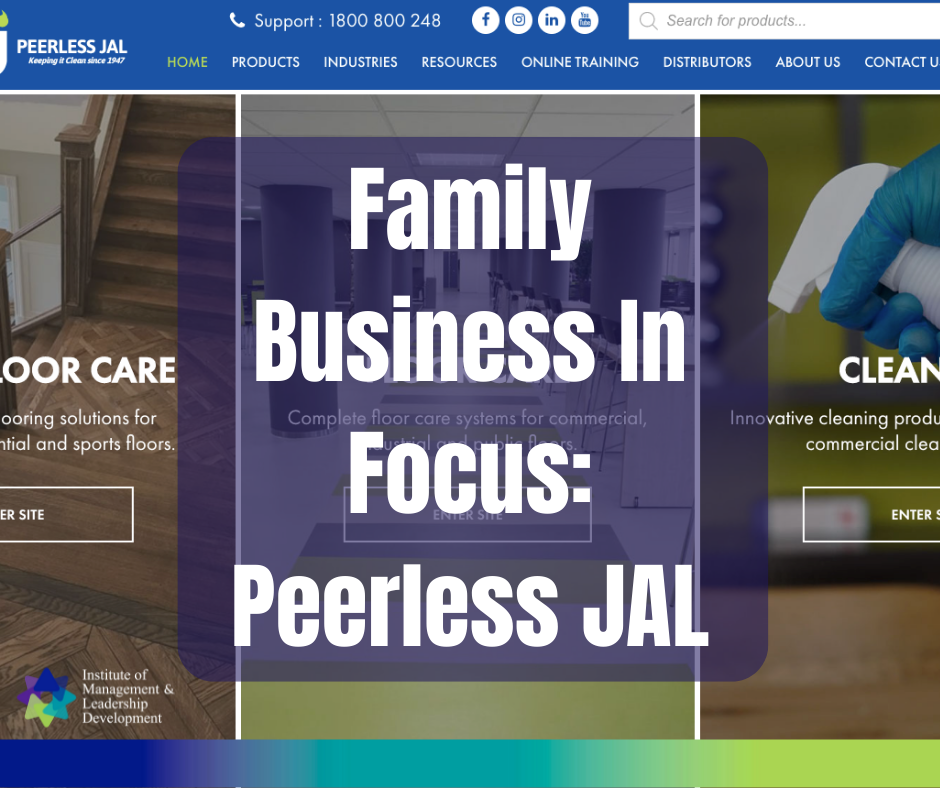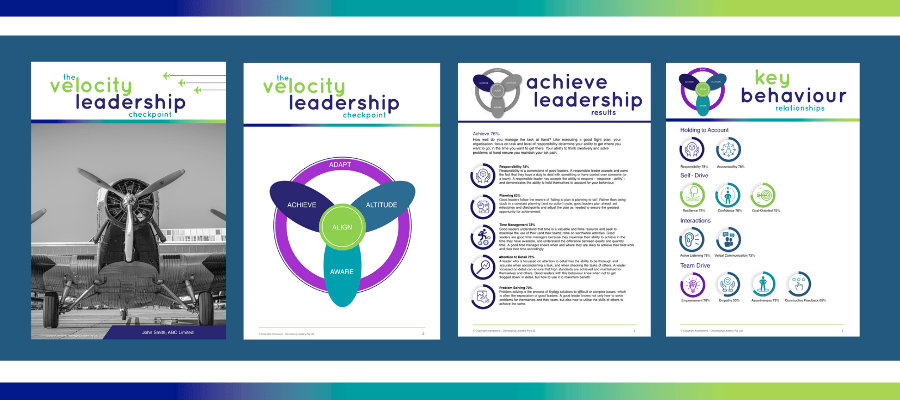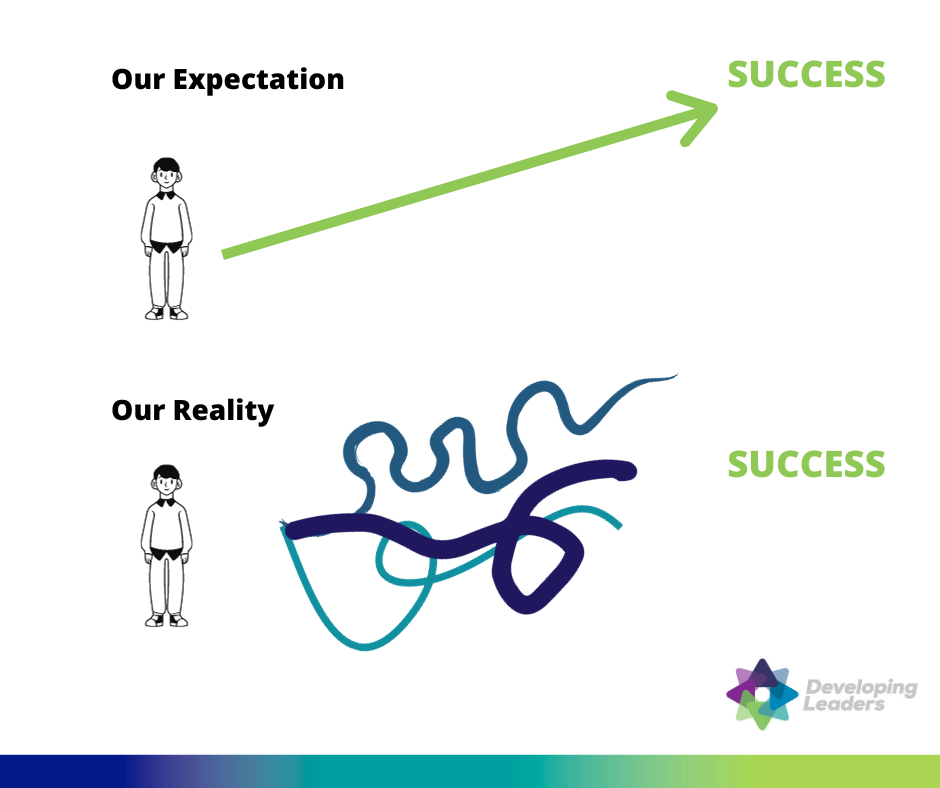At IMLD we get to work with some amazing leaders and managers within small business and family business. Next Monday 19 September is National Family Business Day, and we wanted to highlight some of the amazing family businesses we have the pleasure of working with – today it is Peerless JAL.
Peerless JAL is a proudly Australian-owned and family-run company and has been an industry leader since 1947. They are specialists in hygienic cleaning products and systems, premium floor care, and timber flooring solutions for the commercial, residential and industrial markets.
Leading a Family Business Is Unique
Leading and managing a family business brings with it some unique situations and challenges that many larger, non-family businesses don’t face. We have been able to work with Director and National Operations Manager Summar Hammam, her brother, Director and National Sales Manager Omar Hammam and management personnel such as Ahmed Desoki and Mark Jarvis as they tackle the competitive industry of commercial cleaning with an Australian manufacturing base.
Peerless JAL has made a name for itself over the last 70 years as a leading supplier of cleaning products to the commercial market. Their products continue to deliver as premium, professional grade products that provide great value and are highly effective.
Like the Institute of Management & Leadership Development, Peerless JAL solidified its position in the commercial market as a supplier of premium grade products and formally introduced the Australian Made logo. Like us, they are proud to carry the Australian Made mark of trust, recognition and superior standards.
We are proud to be associated with the wonderful team at Peerless JAL, working hard as a successful Victorian family business in the manufacturing industry. If you would like to know how your small business, School Government Department or hospitality business can benefit from the expertise of the team at Peerless JAL, follow their LinkedIn Page or direct to their website at peerlessjal.com.au.
Related Links On Leadership & Peerless JAL
Top 5 Qualities Of A Great Leader
Leadership Success Takes Many Paths
Is Leadership Training Worth It?
Executive Leadership Coaching Testimonial – Summar Hammam
Are You Looking To Develop Your Family Business Team?
Leading and managing in a family business tasks something! Competing priorities, family members as peers and workmates, difficult conversations – they are all part and parcel of working in a family business. IMLD has been working with small and family businesses since we began in 2004. We understand the unique nature of leading teams and developing cultures within these environments, and what to do when the behaviour and performance starts to drift.
While blood is definitely thicker than water, sometimes it takes a trusted advisor from outside the family to provide ideas, suggestions and options that you wouldn’t normally think of to bring your family business back in the direction of the goals you have set. If you would like to improve the efficiency and effective of your family business but don’t know where to start, book in a Discovery or Q&A call with one of our skilled facilitators.
#familybusiness #nationalfamilybusinessday #smallbusiness #leadingfamilybusiness #peerlessjal #IMLD #developingleaders








































